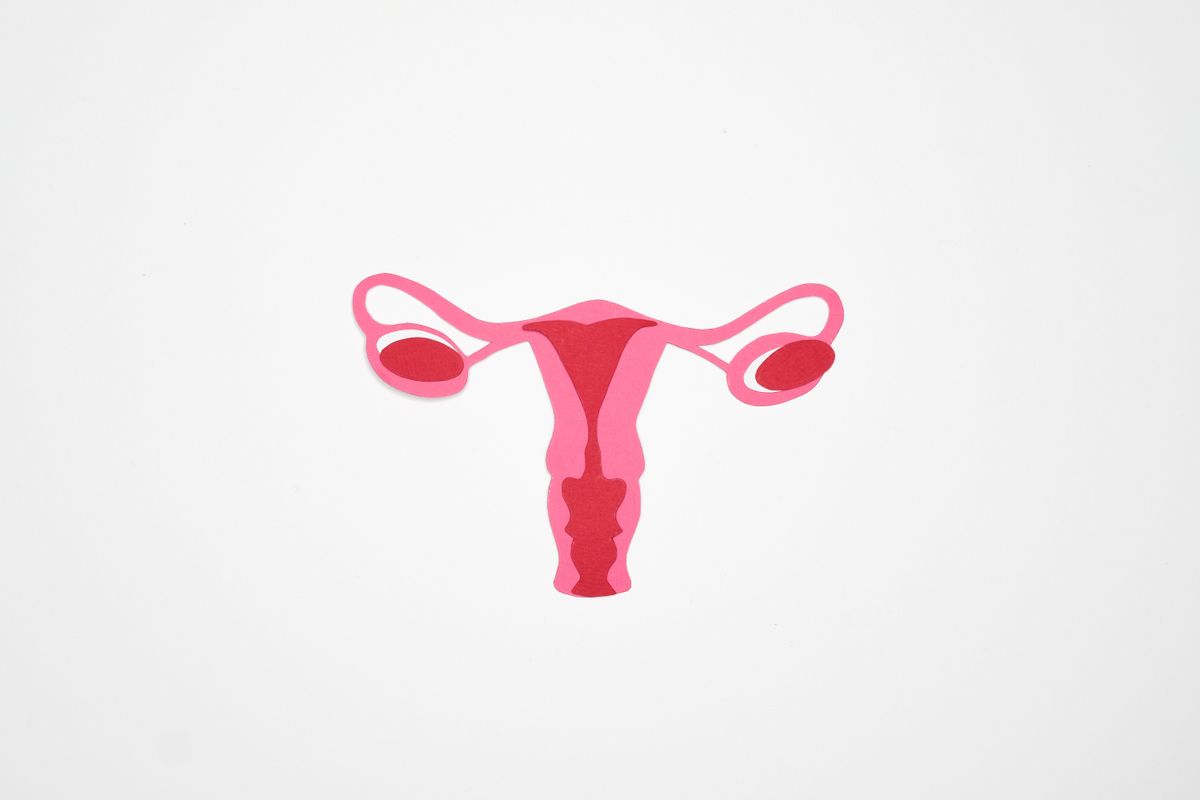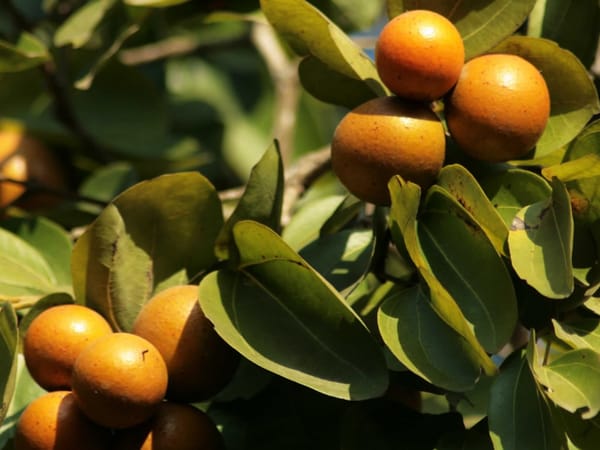PCOS

Polycystic ovarian syndrome (PCOS) is a common condition affecting many women, particularly during their reproductive years. It is estimated to impact 4% to 20% of women globally (1). Various factors contribute to the prevalence of PCOS, including influences like genetically modified meats, grains, and socio-economic issues.
In simple terms, PCOS refers to the presence of multiple fluid-filled sacs, known as cysts, in a woman's ovaries. These cysts form when eggs fail to mature and remain in the ovaries. This can lead to fertility issues, irregular menstrual cycles, and discomfort associated with heavy or light periods.
The symptoms of PCOS include:
Lack of ovulation, caused by hormonal imbalances, particularly an excess of androgens. This hormonal disruption prevents proper egg maturation, resulting in the formation of ovarian cysts.
- Irregular menstrual periods.
- Acne.
- Hirsutism (excessive hair growth).
- Feelings of anxiety, depression, and low moods.
- Weight gain.
- Sleep disturbances.
- Pelvic pain.
Causes
The causes of PCOS can be attributed to various factors, including:
- Digestive disturbances, particularly in cases involving insulin resistance.
- Hormonal imbalances, such as elevated androgen levels in the body.
- Inflammation within the body, which can be triggered by the aforementioned factors or stress.
It's important to note that PCOS also has a significant hereditary component. Women who have family members with PCOS are more likely to develop the condition themselves.
From the perspective of Unani Tibb, PCOS is believed to result from abnormal production of balgham (phlegm humor), which becomes too diluted in consistency. Ultimately, this imbalance is attributed to an unhealthy liver, as the liver is responsible for the formation of various humors, including phlegm. However, Unani Tibb suggests that PCOS can be effectively treated. This holistic medicinal practice offers a range of formulations designed to eliminate uterine and liver toxicity, thereby addressing the ovarian cysts and restoring natural functioning (3).
In addition to Unani Tibb treatments, dietary and lifestyle changes can significantly improve PCOS symptoms. These changes aim to increase blood flow to the pelvic region and reduce abnormal phlegm production. Examples of such changes include (3):
- Following a low-carb diet to reduce moisture levels, as excess phlegm is associated with higher moisture content. Therefore, minimizing the consumption of moist foods helps regulate phlegm.
- Avoiding cooling foods, especially during menstruation, as they can hinder menstrual bleeding and exacerbate phlegm production. Cooling foods may also impede digestion, which is crucial for healing PCOS.
- Focusing on emotional regulation to manage stress and mood-related symptoms.
- Striving for a better balance between rest/sleep and activity/wakefulness.
It is important to seek guidance from qualified healthcare professionals or specialists in reproductive medicine for an accurate diagnosis, appropriate treatment options, and personalized recommendations based on scientific evidence. While traditional practices like Unani Tibb offer alternative perspectives, their effectiveness and safety should be evaluated in consultation with healthcare professionals.
Reference:
- Deswal R, Narwal V, Dang A, Pundir CS. The Prevalence of Polycystic Ovary Syndrome: A Brief Systematic Review. J Hum Reprod Sci. 2020 Oct-Dec;13(4):261-271. Doi: 10.4103/hrs.JHRS_95_18. Epub 2020 Dec 28. PMID: 33627974; PMCID: PMC7879843.
- Zehra, B., and K. AA. "Polycystic ovarian syndrome: Symptoms, treatment, and diagnosis: A review." Journal of Pharmacognosy and Phytochemistry, vol. 7, no. 6, 2018. Pharmacognosy, https://www.phytojournal.com/archives?year=2018&vol=7&issue=6&ArticleId=6290&si=false.
- Khan, A., and W. Begum. "Efficacy of Darchini in the management of polycystic ovarian syndrome: A randomized clinical study." Journal of Herbal Medicine, vol. 15, 2019.
DISCLAIMER: Shifaa Khan's content is for general informational purposes only. It should not be used to self-diagnose, and it is not a substitute for a medical exam, cure, treatment, diagnosis, prescription, or recommendation. It does not create a doctor-patient relationship, a consultant-client relationship, or a practitioner-client/patient relationship between Shifaa Khan and you. You should not make any change in your health regimen or diet before first consulting a physician and obtaining a medical exam, diagnosis, and recommendation. Always seek the advice of a physician or other qualified health providers with any questions you may have regarding a medical condition. No presentation or communication shall expressly or implicitly bind any person or entity to any contract, agreement, or course of conduct or waive any part of this disclaimer, and no one should rely on unverified claims that Shifaa Khan is part of any endeavor and all such reliance is expressly disclaimed.




